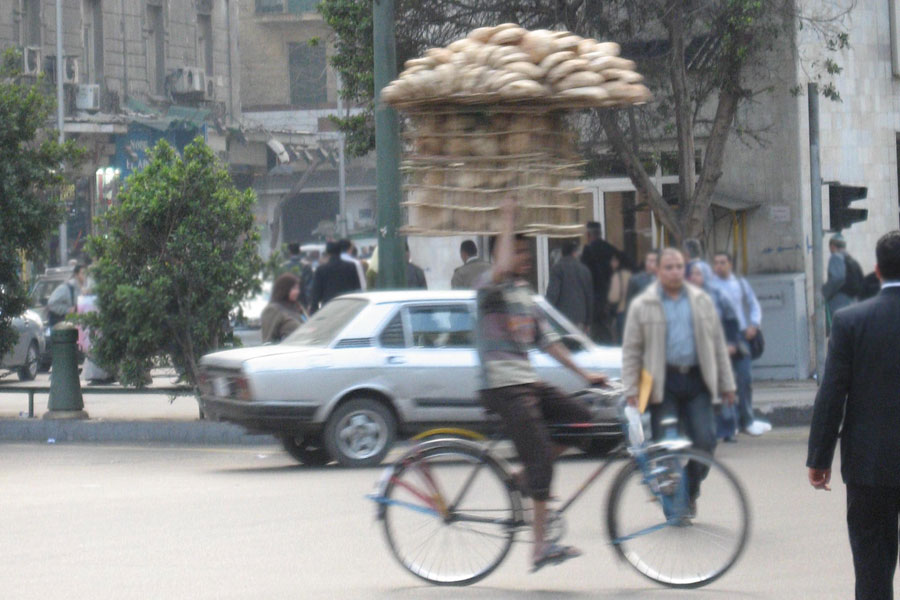
A Community Study of a Food Oasis in the East End of Pittsburgh
Bread and Water: Access, Belonging, and Environmental Justice in the City Lecture Series
Wednesday, January 29, 2020
4:30 to 6:00 pm
Kedia-Tayur Room 4242, 4th Floor, Tepper Quad
Waverly Duck, Associate Professor of Sociology, University of Pittsburgh
While many poor Black American urban neighborhoods lack access to a grocery store, the largest cluster of grocery stores in Allegheny County, Pennsylvania, is located in the East Liberty neighborhood of Pittsburgh, a majority poor working class Black area. In contrast with “food deserts,” neighborhoods without access to food, the conception of a food oasis has received little scholarly attention, despite being a critical aspect of uneven development. The food oasis in East Liberty has contributed to further gentrification at the expense of the original neighborhood residents. Rather than contributing to the availability of food to the original residents, the new upscale supermarkets actually exclude them, and in attempting to protect their exclusivity, even place longtime residents in danger. This dense urban cluster of supermarkets caters to the interests of the mixed-income community surrounding the neighborhood, with residents bearing the costs but not enjoying the benefits of regional economic growth.
Co-sponsored by CMU's Humanities Center, Department of History, and the Andrew W. Mellon Foundation
